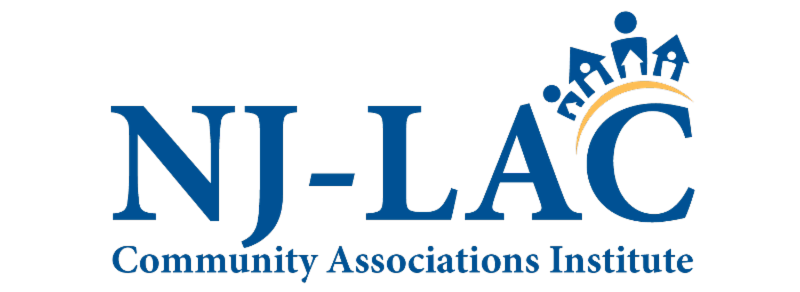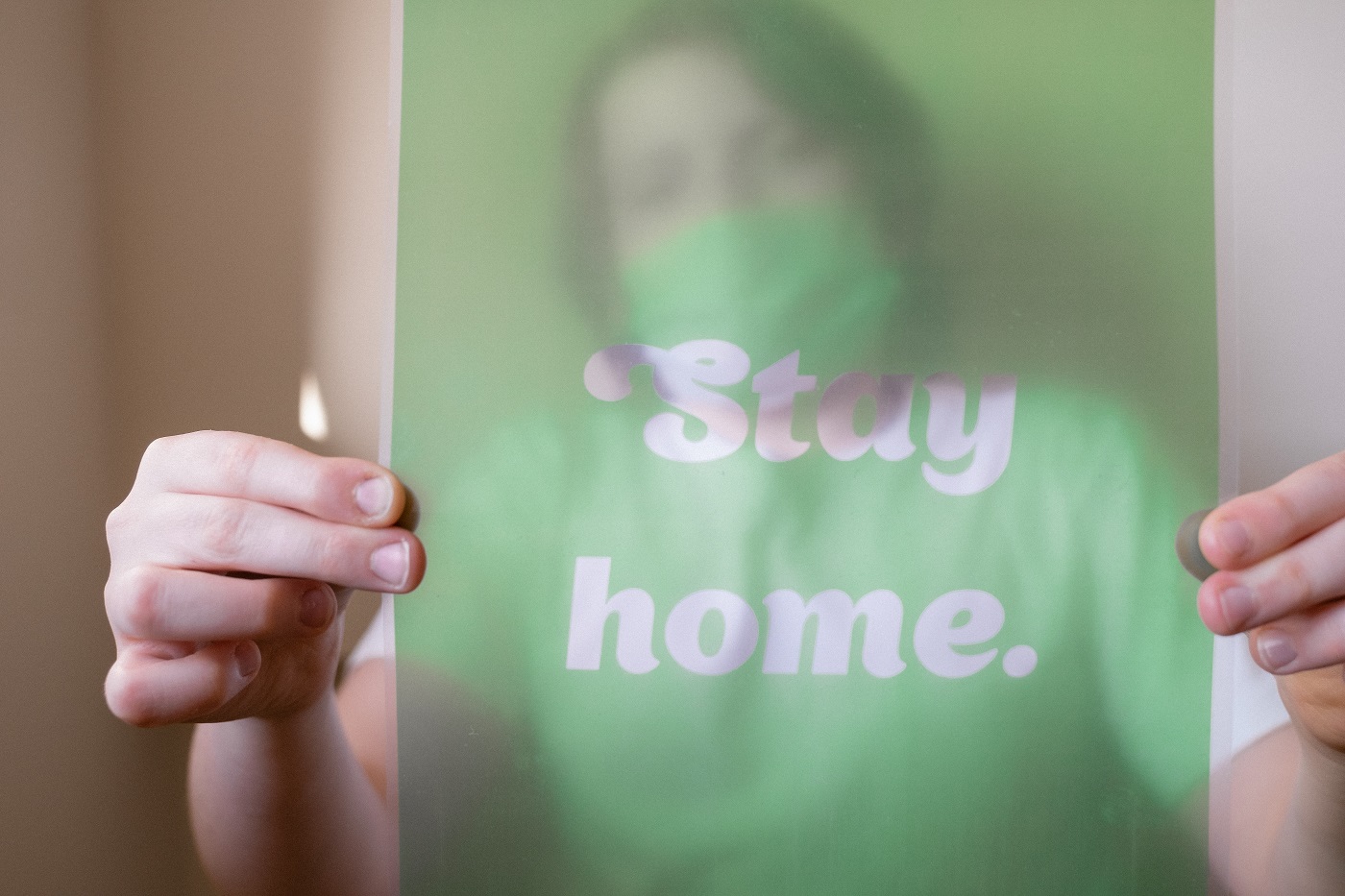
On June 3, 2019, the New Jersey Department of Community Affairs (“DCA’) published proposed regulations concerning association elections among other matters.
The public may comment on the proposed regulations until August 2, 2019. The full text of the proposed regulations can be seen here: https://www.nj.gov/dca/divisions/codes/codreg/pdf_rule_proposals/PRED_Election_Regs.pdf
Written comments can be submitted by email to geraldine.callahan@dca.nj.gov.
Or Mailed to:
Geraldine Callahan
Department of Community Affairs
P.O. Box 800
Trenton, NJ 08625
Your LAC has fully analyzed the proposed regulations and has submitted a letter of in response. View the letter submitted by CAI- NJ LAC HERE.
While there are numerous areas of serious concern, the NJ LAC draws your attention to these particularly troubling provisions:
- Fines – Section 5:26-8.14 provides that DCA may fine any person who violates the regulations, even if only a technical violation. This includes violations by board members and managers! Fines can range from $50 to $50,000!
- Public Ballot Tallying – Section 5:26-8.9(h)(2) states that all ballots shall be publicly tallied and open to inspection by any member for a period of 90 days.
- All Votes Must be Anonymous Including Absentee and Proxy Ballots – While some association bylaws require anonymous balloting, Section 5:26-8.9(h)(3) mandates that all forms of votes be anonymous, which can create serious, practical election issues.
- Removal of Board Members by Petition – Section 5:26-8.11(d) allows automatic removal of one or more board members upon presentation of a petition signed by 51% of the members.
- No Binding Board Votes in Executive Session – Section 5:26-8.12(e)(2) mandates that matters that could have previously been voted on in executive session (pending litigation, matters of personal privacy, personnel matters, etc.) must now be voted on in a meeting open to the members.
- 7-Day Notice of Board Meeting with Agenda of All Items for Discussion and Action – Section 5:26-8.12(c)(3) requires posting of a notice of board meetings seven days in advance (current regulations provide for 48 hour advance posting) and fails to include current regulation’s provision that agendas must be posted only “to the extent known.”
- Associations with Affordable Housing Units Must Reserve a Board Seat for Affordable Owners – Section 5:26-8.10(a)(2) provides that when the bylaws do not set aside a board seat for affordable owners, the Association must amend its bylaws to provide for an affordable-owner reserved seat.
While these are not all of the troubling proposed regulations, they are some of the more important ones. Write to the DCA to voice your objections.
|
PLEASE TAKE A FEW MINUTES AND SEND AN EMAIL TO THE DEPARTMENT OF COMMUNITY AFFAIRS EXPRESSING YOUR CONCERN WITH THE PROPOSED REGULATIONS. |









